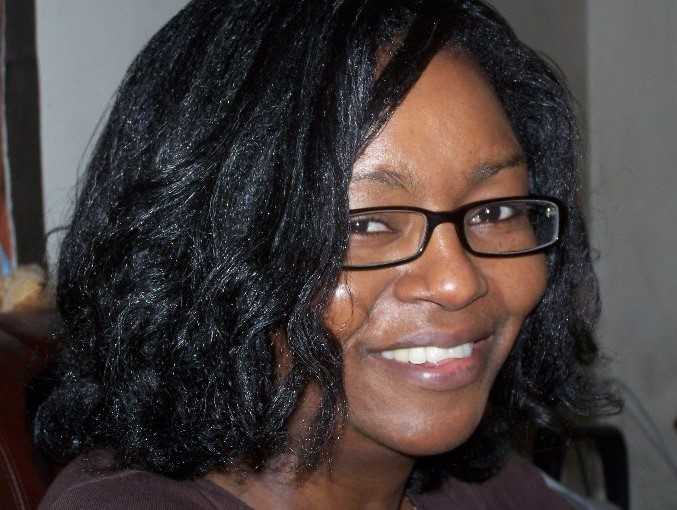COMMENT Prof. Fareda Banda 20 November 2020

In Toni Morrison’s The Bluest Eye, the protagonist, a Black girl explains how she no longer believes in God because he had failed to answer her fervent and heartfelt prayers for him to give her blue eyes.[1] For her, blue eye, like those of the ubiquitous white dolls, are signifiers of beauty. In the years that followed the publication of this her first novel, Toni Morrison who later went on to win the Noble Prize for Literature, explained that she had been inspired to write it by the memory of a childhood friend who had expressed the same sentiments as the protagonists and wished for blue eyes. Toni Morrison had ruminated on what would cause a child to be so full of self-loathing as to wish to shed her own skin.
Sadly, reading the first person accounts of many Black people in the diaspora, including those born in the Global North, one comes to realise that the feelings of alienation and feeling, or being made to feel, shame about one’s race or history or identity is common. In an autobiographical essay in which she reflects on what it was like to be the only Black child in a class of 30 in a London school in the 1990s, Renni Eddo Lodge the author of Why I am No Longer Talking to White People about Race, recounts how the teacher provided the class with art materials and encouraged them to paint their beautiful blue eyes. She, the only Black child in this class was left out.[2] She is not alone. Many Black children growing up in Western societies recall periods of alienation and feeling that they did not belong, even if they were citizens and had not lived anywhere else.
In 2020, following the murder of George Floyd in the United States, discussions about race and racism took centre stage, including in Europe. The Black lives matter protests offered affirmation that their experiences of discrimination were real and not imagined, a validation of sorts. However for some, the protests and conversations also confirmed their ‘otherness’. The disproportionate impact of COVID-19 on Black and other minorities (in Western societies) provided its own immediate reminder that the time was indeed, ‘out of joint’ (Shakespeare’s Hamlet) and would remain so for the foreseeable future.
On Friday 20th of November, we celebrate International day of the Child to mark the adoption of the UN Convention on the Rights of the Child. It has been a difficult year for all but let us use this day, and the celebration of the thirtieth anniversary of the African Charter on the Rights and Welfare of the Child, to renew our commitment to our children. UNICEF asks us to ‘reimagine a better future for every child’. Let us always try to make them feel at home, citizens of the world, wherever they are from. Challenging unfair discrimination is central to this. Let us take seriously their demands for climate justice, let us stop starting wars that negatively impact their life chances, let us work towards ensuring that we honour promises of equal opportunities for all, above all, let us listen to our young people.
Fareda Banda is Professor of the laws of Africa at SOAS, University of London. She teaches and researches on human rights and family law. Her book African Migration, Human Rights and Literature, will be published by Hart in January 2021.
[1] T. Morrison, The Bluest Eye (London, Vintage, 1999).
[2] R Eddo-Lodge “Forming Blackness Through a Screen” in N Shukla and C Suleyman (eds), The Good Immigrant USA (London, Dialogue Books, (2019) 77–84. R. Eddo Lodge Why I am no Longer Talking to White People about Race (London, Bloomsbury, 2017).
